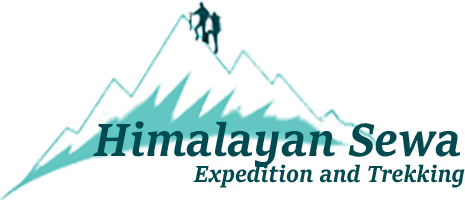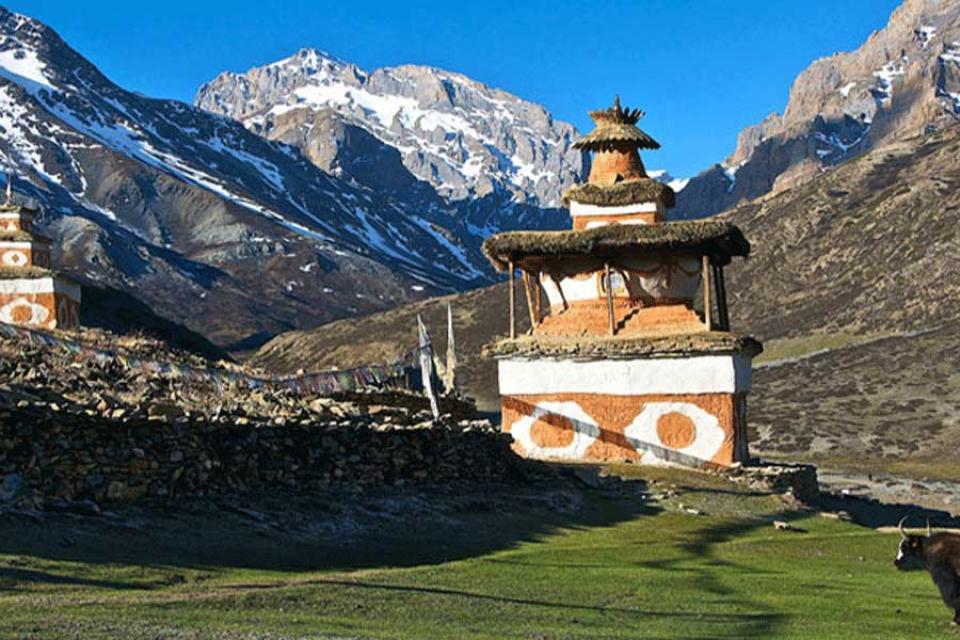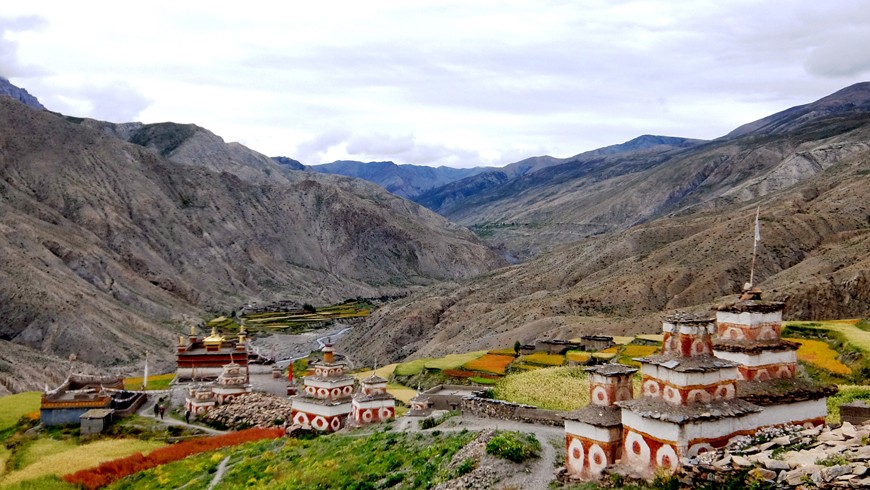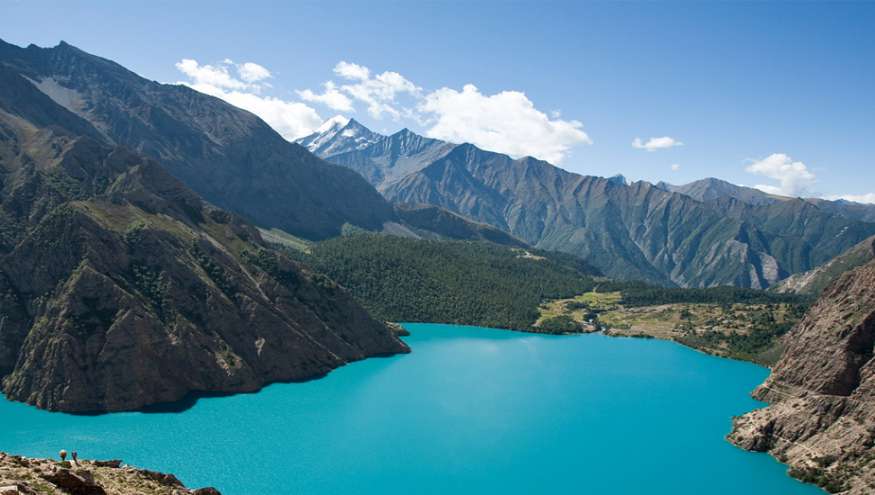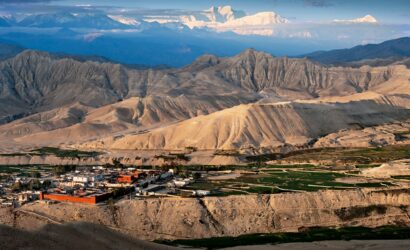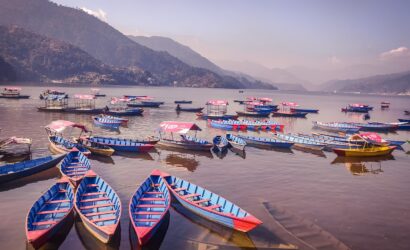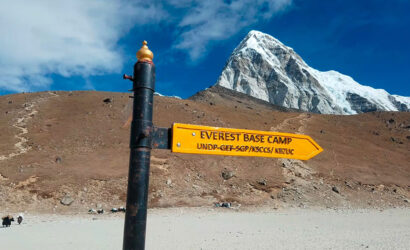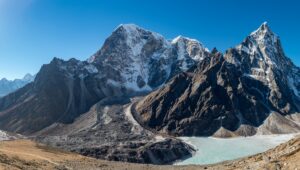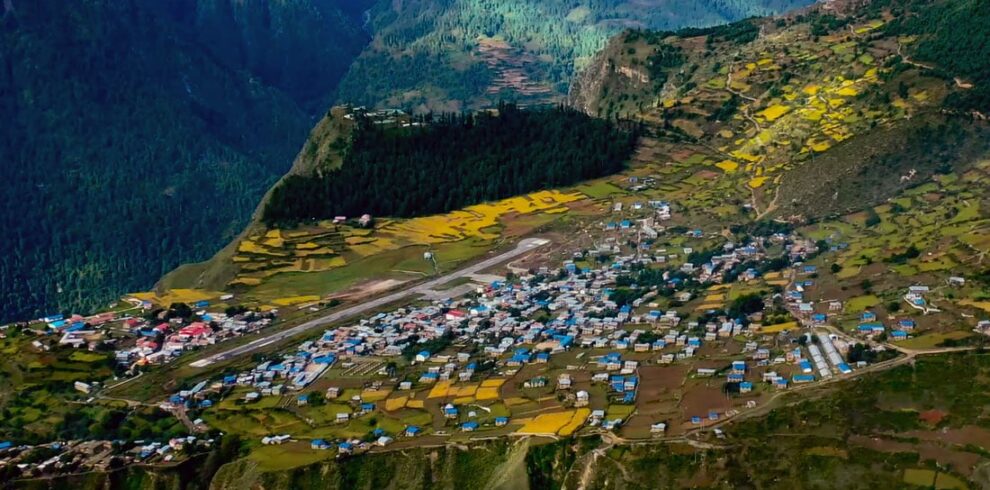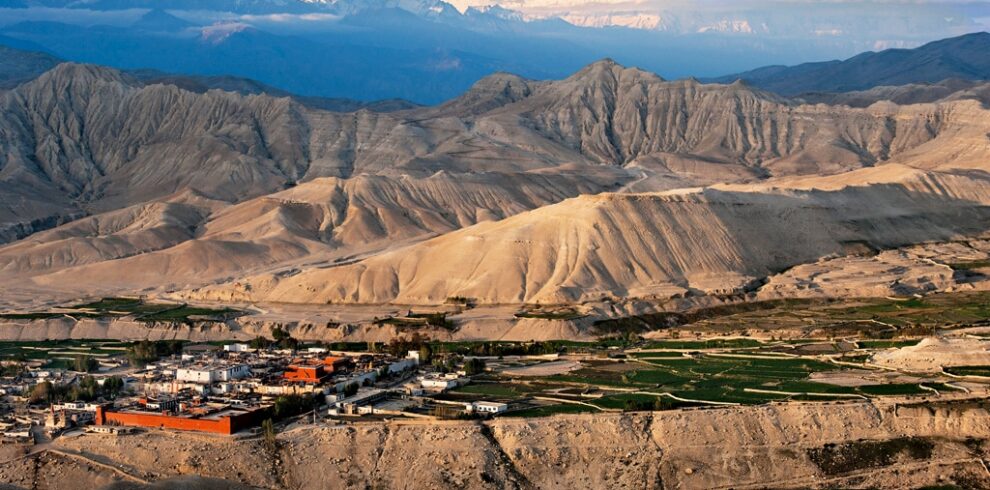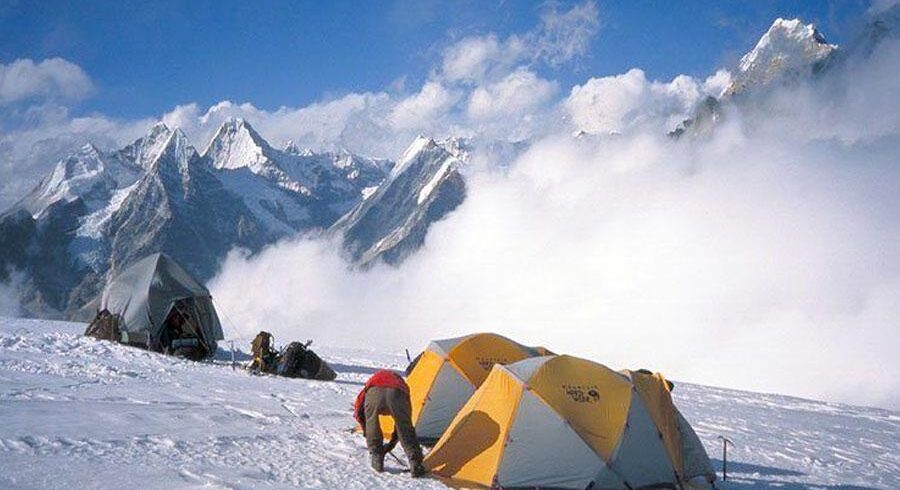Dolpo Trekking: A Journey into the Remote Himalayas
Welcome to Dolpo, a hidden gem nestled in the remote Himalayan region of Nepal. Dolpo Trekking offers a unique and off-the-beaten-path adventure for those seeking pristine landscapes, ancient Tibetan culture, and untouched wilderness. This extraordinary trek takes you through high mountain passes, deep canyons, and traditional villages, providing an unforgettable experience for avid trekkers and nature enthusiasts alike.
Key Highlights:
- Shey Phoksundo Lake:
- Begin your Dolpo adventure with a visit to Shey Phoksundo Lake, one of the deepest alpine lakes in the world.
- Marvel at the stunning turquoise waters surrounded by snow-capped peaks and ancient monasteries.
- Remote Villages and Monasteries:
- Trek through remote villages like Dho Tarap, nestled in the lap of the Himalayas.
- Encounter the unique culture of the Dolpo people, who have preserved their Tibetan traditions for centuries.
- Visit ancient monasteries, such as the Shey Gompa, offering insights into the spiritual heritage of the region.
- High Mountain Passes:
- Challenge yourself with high-altitude trekking, including crossing the challenging Kang La and Sela Passes.
- Witness panoramic views of the Dolpo Valley, surrounding peaks, and vast landscapes from these breathtaking vantage points.
- Phoksundo Waterfall and National Park:
- Explore the mesmerizing Phoksundo Waterfall, cascading down from the heights of the Dolpo plateau.
- Traverse Shey Phoksundo National Park, a protected area home to diverse flora and fauna, including the elusive snow leopard.
- Best Time to Trek: Late spring (May-June) and early autumn (September-October) offer the best weather and clear mountain views.
- Permits: Ensure you have the necessary permits, including the Restricted Area Permit (RAP) for Dolpo.
Why Dolpo Trekking?
- Unparalleled natural beauty and remote wilderness.
- Authentic cultural experiences with the Dolpo people.
- Challenging trekking routes for adventure enthusiasts.
- Limited tourist traffic, providing a sense of exclusivity.
Embark on the Dolpo Trekking adventure and discover a world of untouched beauty, ancient traditions, and Himalayan grandeur. This journey promises an escape into the heart of the pristine Dolpo region, leaving you with memories that will last a lifetime.
Overview
Travel is the movement of people between relatively distant geographical locations, and can involve travel by foot, bicycle, automobile, train, boat, bus, airplane, or other means, with or without luggage, and can be one way or round trip. Travel can also include relatively short stays between successive movements.
The origin of the word “travel” is most likely lost to history. The term “travel” may originate from the Old French word travail, which means ‘work’. According to the Merriam Webster dictionary, the first known use of the word travel was in the 14th century.
It also states that the word comes from Middle English travailen, travelen (which means to torment, labor, strive, journey) and earlier from Old French travailler (which means to work strenuously, toil). In English we still occasionally use the words “travail”, which means struggle. According to Simon Winchester in his book The Best Travelers’ Tales (2004), the words “travel” and “travail” both share an even more ancient root: a Roman instrument of torture called the tripalium (in Latin it means “three stakes”, as in to impale).
